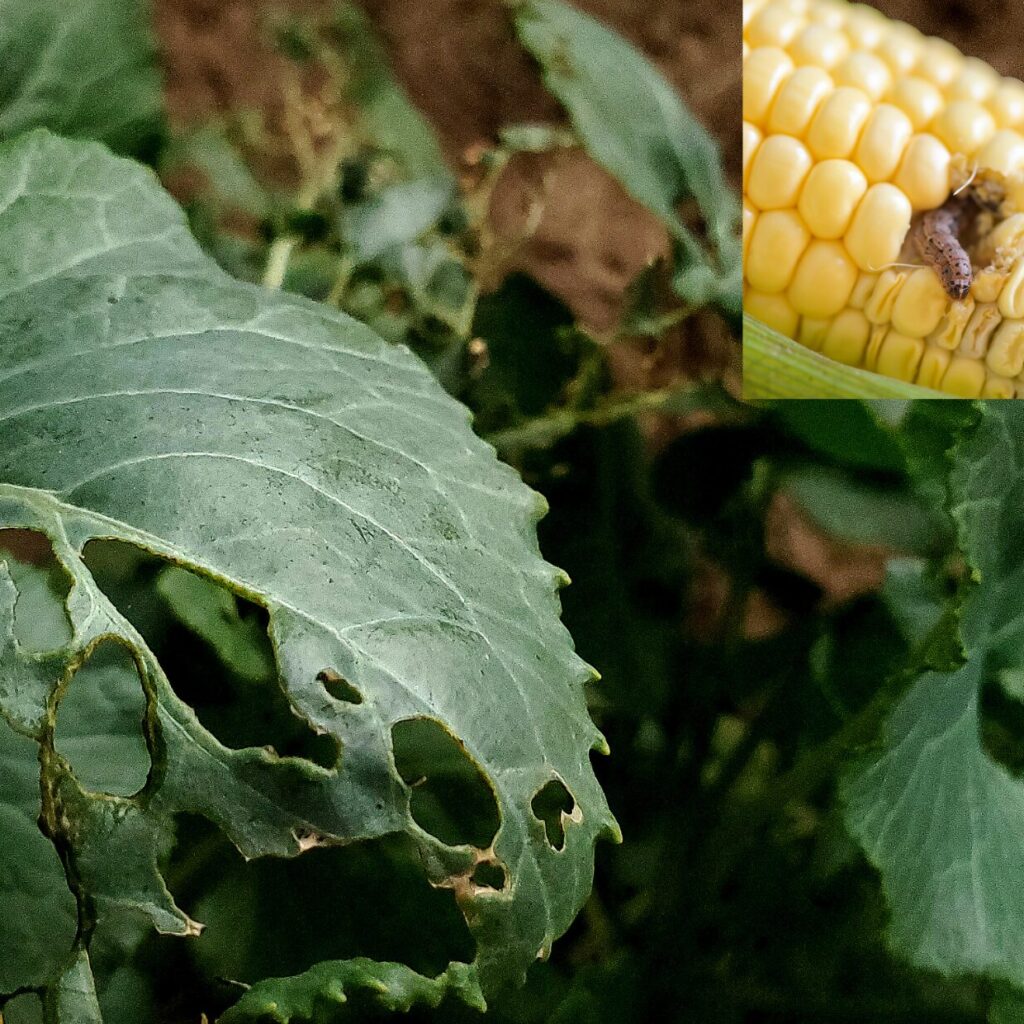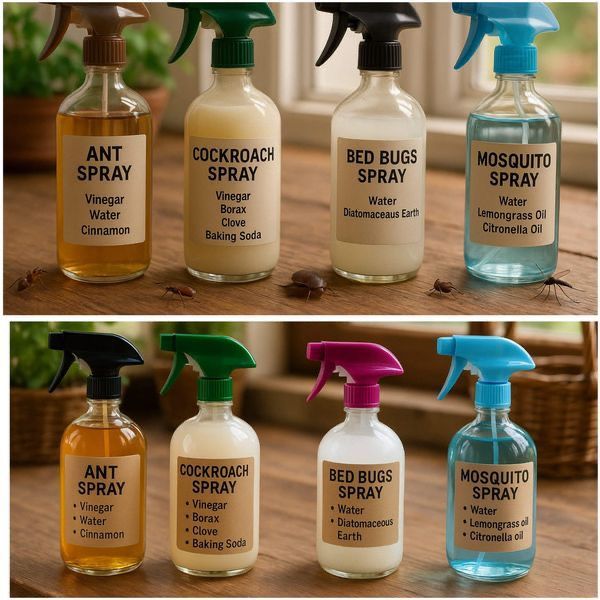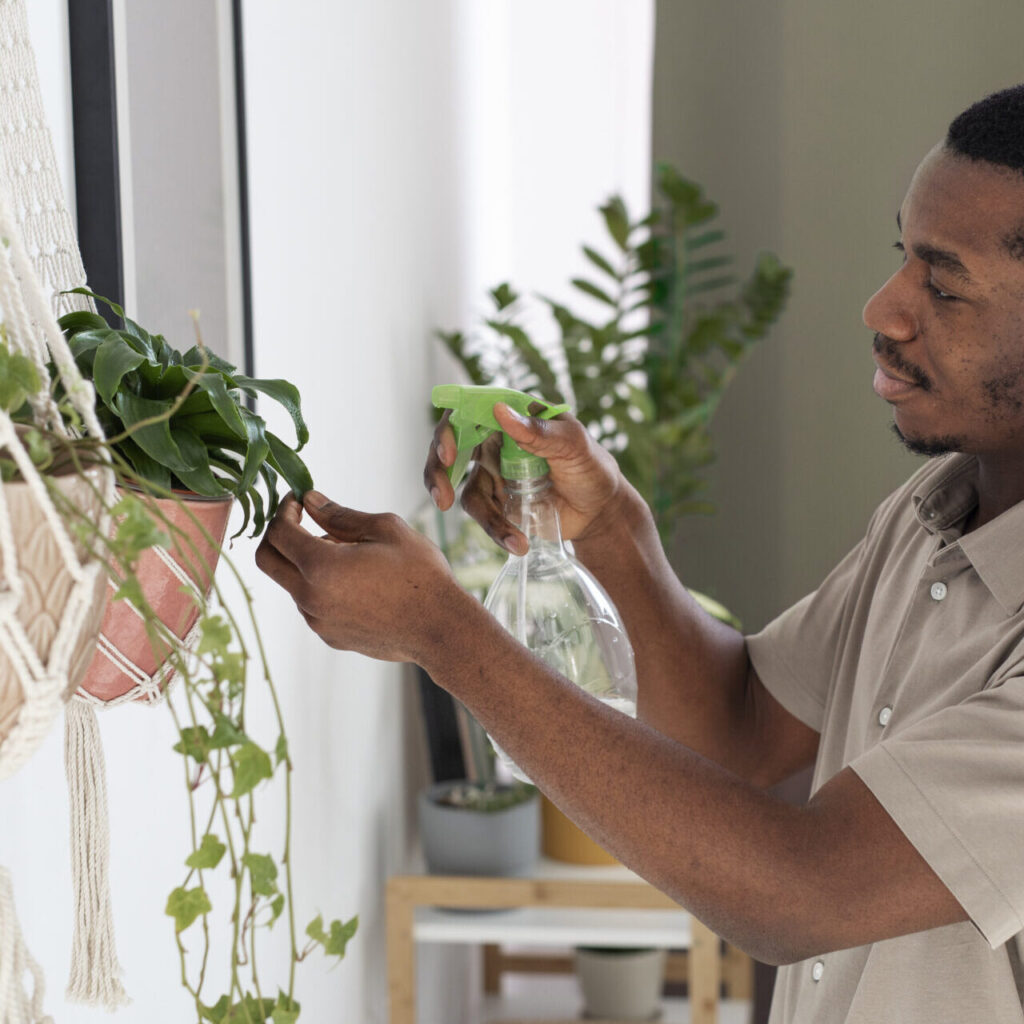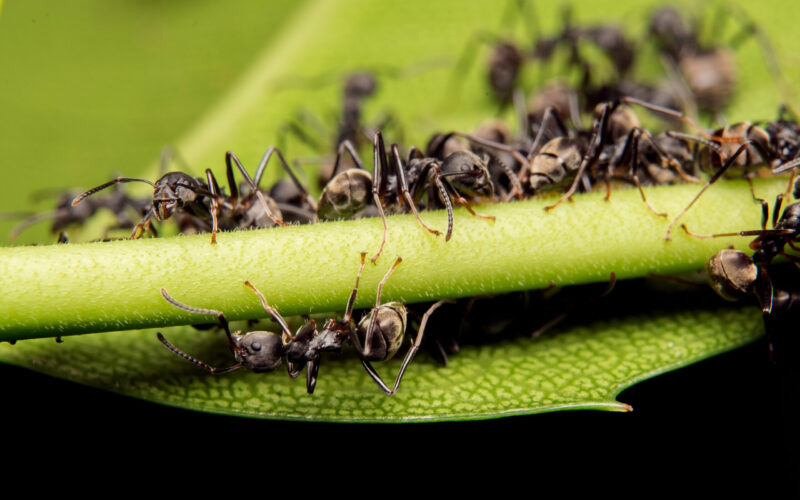Have you ever watched weeks of hard work in your fields disappear overnight because of pests? Farmers worldwide lose up to 40% of crops each year to pest infestations, and while chemical sprays may seem like a quick fix, they often leave behind more problems than solutions—harming soil health, pollinators, and even consumers.
That’s where eco-friendly pest control services come in. These solutions protect crops while preserving the environment, giving farmers and growers a safer, more sustainable way to fight back against pests. From natural sprays to biological controls, these services are designed to reduce losses without relying on harmful chemicals.
In this post, we’ll explore 10 of the most effective pest control services that not only safeguard your harvest but also support healthier farming practices. If you’ve been looking for reliable, eco-friendly ways to manage pests and boost productivity, you’re in the right place.
Why Choose Eco-Friendly Pest Control Services for Crops?

Pests remain one of the greatest threats to farming success. Whether it’s caterpillars chewing through maize, aphids draining nutrients from vegetables, or weevils attacking stored grains, farmers know how quickly a healthy crop can be wiped out. For decades, chemical pesticides dominated the market as the go-to solution. However, repeated use has created new problems—soil degradation, pesticide-resistant pests, reduced yields, and even health risks to farm workers and consumers.
Eco-friendly pest control services offer a different path. Instead of relying on toxic chemicals, these services emphasize natural, biological, and sustainable methods to keep crops safe. They focus on restoring balance to the farming ecosystem, where beneficial insects, microorganisms, and good agricultural practices work together to suppress harmful pests.
The Risks of Chemical Pest Control
While chemical sprays may provide quick results, they come at a cost that farmers often pay in the long run:
- Soil depletion: Harsh chemicals reduce soil fertility, making crops weaker season after season.
- Pollinator decline: Bees and butterflies—vital for crop pollination—are often harmed.
- Human health concerns: Exposure to pesticide residues can be dangerous for both farmers and consumers.
- Pest resistance: Over time, pests adapt, making chemicals less effective and forcing higher usage.
For agribusinesses managing large farms, these risks translate into higher input costs, reduced harvest quality, and stricter market regulations. Consumers and export markets are increasingly demanding crops grown under eco-friendly practices, making sustainable methods not just beneficial, but essential.
The Benefits of Eco-Friendly Pest Control Services
Switching to eco-friendly pest control services doesn’t mean compromising on effectiveness. In fact, these solutions offer long-term advantages that chemical methods cannot match:
- Sustainable crop protection: Methods like biological control, microbial treatments, and organic sprays work with nature, not against it.
- Better soil health: By avoiding toxic residues, farmers maintain fertile soil that supports stronger crop growth.
- Safe for farmers and consumers: No harmful residues on food, and no toxic exposure during application.
- Improved biodiversity: Beneficial insects, birds, and soil organisms thrive, creating a natural defense system against pests.
- Market advantage: Eco-certified produce often earns higher prices and meets export requirements.
Eco-friendly pest control services are not a single solution but a toolbox of strategies that can be tailored to different crops and farming systems. Smallholder farmers may rely on simple but effective practices like neem sprays and companion planting, while large agribusinesses can benefit from integrated pest management or professional eco-certified services.
The key is choosing a method that aligns with your farm size, pest challenges, and long-term goals. By understanding these services in detail, farmers can reduce crop losses while ensuring their practices remain environmentally responsible and economically rewarding.
10 Eco-Friendly Pest Control Services That Protect Crops
1. Biological Control Services
Biological control introduces beneficial organisms to fight off harmful pests. For example, ladybugs and lacewings feed on aphids, while parasitic wasps target caterpillars. Many agricultural extension programs and professional services now provide farmers with starter colonies of these beneficial insects..
Read more impactful blogs on biological pest control here
Benefits:
- Targets specific pests without harming crops or pollinators.
- Reduces the need for synthetic chemicals.
- Can establish self-sustaining populations on farms.
2. Neem-Based Pest Control Services
Neem oil and neem seed extracts are widely used by eco-friendly pest control providers. These natural substances interfere with pest feeding and reproduction, making them highly effective against aphids, caterpillars, and whiteflies.
Benefits:
- Safe for humans and livestock.
- Doesn’t harm beneficial insects like bees when applied correctly.
- Affordable and easy to apply on both small and large farms.
Read more on other essential oils from neem here.
3. Integrated Pest Management (IPM) Services
IPM combines biological, cultural, and mechanical methods, with chemical inputs used only as a last resort. Many agribusinesses hire professionals who tailor IPM strategies for specific crops and pest conditions.
For more detailed techniques and real-world examples, see Pesticontrol’s IPM category and FOA to explore posts like “Leveraging the Advantages of IPM: Sustainable Solutions
Benefits:
- Reduces long-term pest resistance.
- Provides a balanced, holistic approach.
- Helps farmers cut down pesticide costs while maintaining yields.
4. Trap-and-Monitoring Pest Control Services
Sticky traps, pheromone traps, and light traps are used to detect pest activity early and reduce infestations. Professional pest control services often supply and manage these tools, giving farmers real-time data on pest levels.
Benefits:
- Early detection prevents large-scale crop losses.
- Cost-effective for both smallholders and large farms.
- Non-toxic and safe for the farm environment.
5. Organic Spray Services

Some pest control services provide organic sprays made from garlic, chili, soap solutions, and plant-based extracts. These sprays repel or kill pests without harmful residues.
Benefits:
- Affordable and easy to prepare locally.
- Effective against soft-bodied pests like aphids and mites.
- Can be applied regularly without damaging crops.
6. Crop Rotation and Cultural Practice Services
Pest control consultants often guide farmers in rotating crops and improving soil health. Rotating maize with legumes, for example, disrupts pest life cycles and boosts fertility.
Benefits:
- Prevents pests from building permanent populations.
- Improves soil nutrients and overall farm productivity.
- Reduces dependency on external pest treatments.
7. Eco-Friendly Fumigation Services
Instead of toxic chemicals, some services use natural fumigants derived from plants to protect stored grains. This is especially valuable for agribusinesses storing large harvests.
Benefits:
- Keeps storage pest-free without harmful residues.
- Maintains grain quality and shelf life.
- Safer for workers handling stored crops.
8. Microbial Pest Control Services
Microbes like Bacillus thuringiensis (Bt) and fungi such as Beauveria bassiana attack specific pests without harming humans or animals. Pest control providers now offer microbial products tailored to crops.
Benefits:
- Very specific to certain pests, leaving other insects unharmed.
- Environmentally safe and residue-free.
- Ideal for both organic farms and large agribusinesses.
9. Companion Planting and Agroecology Services
Some pest control services advise farmers on agroecological designs—such as planting marigolds to repel nematodes or basil to deter aphids. This creates a natural pest barrier.
Benefits:
- Low-cost, farmer-friendly method.
- Enhances biodiversity and soil fertility.
- Works well in both small gardens and large farms.
10. Eco-Certified Commercial Pest Control Services
Several companies now specialize in eco-certified solutions for crop protection. These professional pest control services use approved organic and sustainable products, ensuring compliance with local and export regulations.
Benefits:
- Professional expertise and reliable results.
- Certification helps farmers access premium markets.
- Scalable solutions for agribusinesses managing large fields.
How to Choose the Right Eco-Friendly Pest Control Service for Your Farm

Not every pest problem requires the same solution. While one farm may struggle with caterpillars in maize, another might battle storage pests in harvested grains. That’s why choosing the right pest control services is critical. Selecting a service that matches your crop type, farm size, and pest challenge can save money, protect yields, and maintain long-term soil and environmental health.
1. Identify Your Pest Problem
Before contacting any service provider, carefully assess what you are dealing with. Are insects attacking the leaves, roots, or stored harvest? Different pest control services specialize in different areas.
2. Consider the Size and Scale of Your Farm
Smallholder farmers may find neem sprays or companion planting sufficient, while large agribusinesses often need structured IPM programs or eco-certified professional support.
3. Evaluate Cost Versus Long-Term Benefits
Some eco-friendly pest control services may appear costly upfront but reduce long-term losses and prevent repeated expenses on chemicals.
4. Check for Certification and Reputation
Certified pest control services guarantee compliance with organic and eco-friendly standards, making them vital for export-focused agribusinesses.
5. Look for Flexibility and Customization
The best pest control services tailor solutions to crop type, farm conditions, and climate.
6. Seek Support and Training
Some providers offer farmer training—helping identify pests, apply organic sprays, or monitor fields effectively.
By evaluating these factors, farmers and agribusinesses can make informed decisions that protect both current harvests and long-term sustainability.
Conclusion
For farmers and agribusinesses, pest management is no longer just about protecting yields in the short term—it’s about safeguarding the future of farming. Relying solely on chemical pesticides may bring quick relief, but the long-term costs are high: depleted soils, resistant pests, and declining pollinator populations. That’s why eco-friendly pest control services are becoming the smarter, more sustainable choice.
What makes these services stand out is their ability to protect crops without disrupting the delicate balance of nature. Whether it’s biological control, microbial treatments, or companion planting, each service works with the ecosystem rather than against it. The result? Stronger plants, healthier soils, and harvests that meet both local and international standards for safe, sustainable food production.
Farmers who embrace eco-friendly pest control services gain more than healthier crops—they gain peace of mind knowing they are building a resilient farming system. Agribusinesses also position themselves ahead of the curve, as global markets continue to favor eco-certified produce. The shift is clear: sustainable pest management isn’t just an option, it’s the way forward.
Are you ready to take the next step toward sustainable farming? By subscribing to our blog, you’ll gain access to practical insights, proven strategies, and the latest innovations in eco-friendly pest control services and crop protection.
Don’t wait until pests take over your fields—stay ahead with knowledge that empowers you to protect your farm, your harvest, and your future. Subscribe today and join a growing community of farmers and agribusiness leaders who are choosing smarter, eco-friendly solutions.
